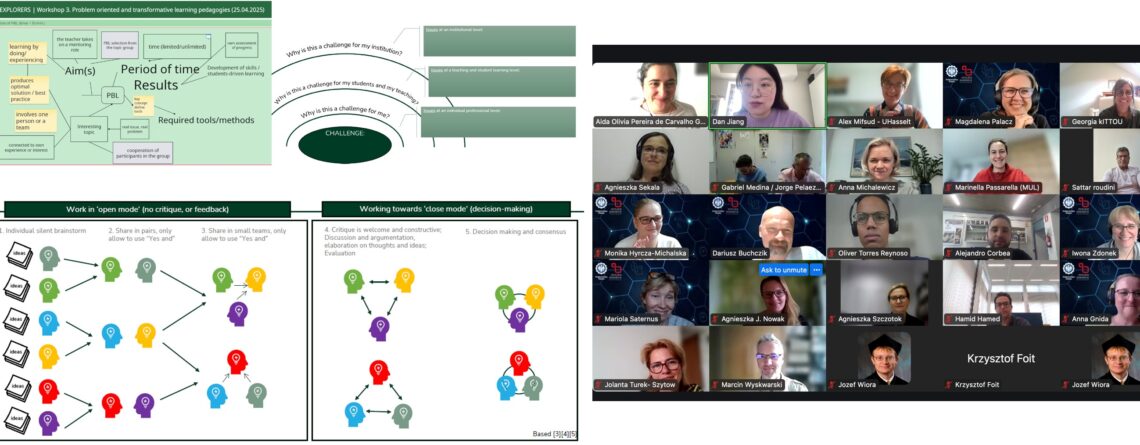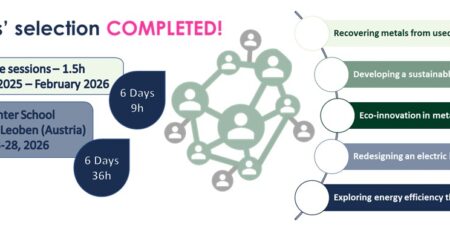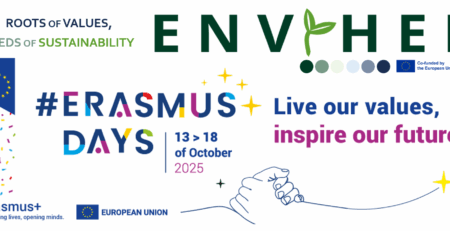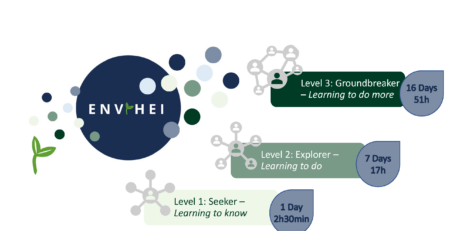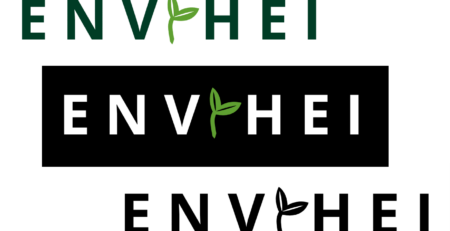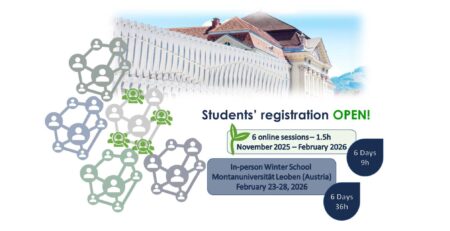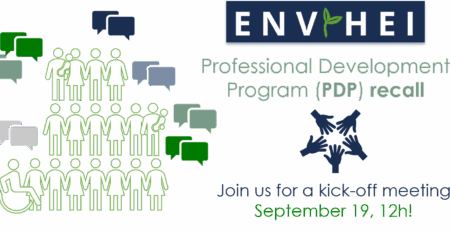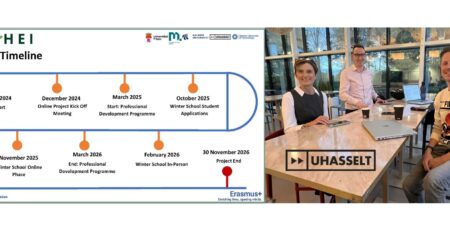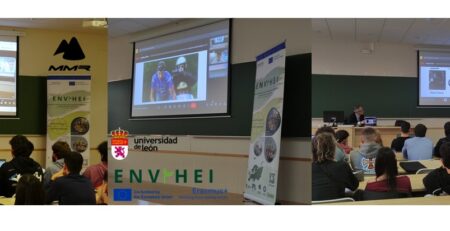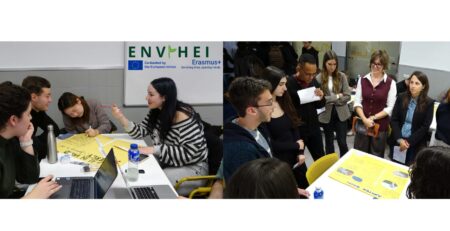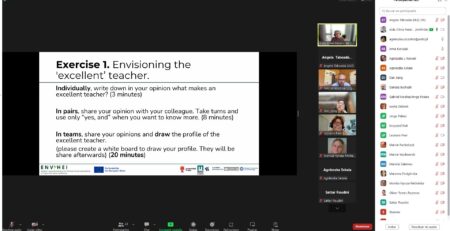From March to April 2025, the ENVIHEI project hosted a dynamic series of four online workshops designed to equip higher education professionals with innovative, student-centered approaches to teaching for environmental sustainability. Delivered by experts Aida Guerra, Dan Jiang, and Alex Mifsud, the sessions brought together educators across Europe committed to reshaping their curricula and pedagogy to prepare students for the complex sustainability challenges of today and tomorrow.
Each workshop tackled a key dimension of transformative teaching and learning, encouraging participants to rethink traditional methods and adopt more inclusive, participatory, and purpose-driven practices.
The series began with a focus on collaborative and cooperative learning, exploring how structured and open-ended group work can support the development of sustainability competences such as systems thinking, critical reflection, and shared responsibility. Participants learned practical strategies for forming and managing student groups, and discussed common challenges related to group dynamics, motivation, and institutional frameworks. The session emphasized how teamwork, when intentionally designed, becomes a powerful tool for cultivating green mindsets in students.
Building on this foundation, the second workshop addressed problem identification and formulation, introducing tools like 5W1H and design thinking to help educators frame real-world environmental issues as authentic learning problems. Participants practiced moving from broad sustainability themes to specific, researchable challenges that can anchor meaningful learning activities. Through guided exercises, the session emphasized the importance of connecting educational problems to students’ lived experiences and future roles as professionals and citizens.
The third workshop turned to problem-oriented and transformative learning, deepening the conversation by examining problem-based learning (PBL) and its connection to transformative pedagogy. Drawing on constructivist and socio-constructivist theories, participants explored how learning environments can be designed to challenge assumptions, foster critical reflection, and promote active engagement. Interactive mind mapping and group dialogue helped participants articulate what makes PBL effective—and how it can be a catalyst for personal and collective transformation in the context of sustainability.
The fourth workshop addressed curriculum and course design, guiding participants through the principles of constructive alignment and the use of learning taxonomies to revise learning outcomes, teaching methods, and assessment strategies. Educators engaged in hands-on activities to reimagine their syllabi, aligning pedagogical design with the goals of student-centered and sustainability-focused education. Discussions also surfaced key challenges and opportunities in curriculum innovation, particularly when striving to embed environmental and social values into academic programs.
Throughout the series, reflection was a core element. Each workshop concluded with a Reflection Log, housed on the ENVIHEI Moodle platform at Aalborg University, allowing participants to document their learning, revisit insights, and track changes in their own teaching practices over time.
The workshops were met with high engagement and positive feedback, with many participants expressing a renewed sense of purpose and confidence in transforming their teaching. As the ENVIHEI project continues, these foundational experiences are helping build a growing community of practice committed to integrating sustainability into higher education in impactful, lasting ways.
📌 Those interested in joining the upcoming workshops of the PDP Program can visit https://envihei.eu/professional-development-program/ for more information and registration details.
🌐 Stay tuned for more ENVIHEI activities and follow us on social media for updates!
Discover more from ENVIHEI - Student-centered learning for ENVIronmental sustainability at Higher Education Institutions
Subscribe to get the latest posts sent to your email.

